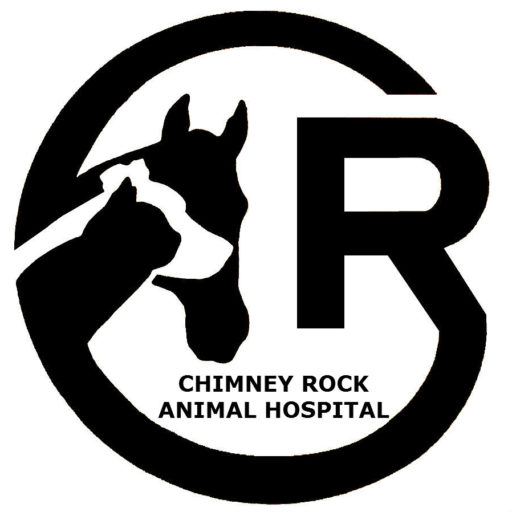What is socialization?
Most new puppy parents are aware that puppies need socialization, but understanding why, when, and how to implement this vital part of development is the KEY to raising a well-adjusted adult dog. Socialization is defined as creating purposeful, positive experiences for your puppy to prepare them for life in the human world. After establishing your puppy with a veterinarian to evaluate overall health and start vaccines, socialization should be the top priority for your dog.
Why is it so important?
Puppies between 3 weeks and 3 months of age go through a developmental period where they are more sensitive to learning how to react to the world around them. During the ‘window of socialization’, puppies are more curious and interested in new things. This is the time where they learn how to appropriately interact with other pets and humans.
Just exposure is not enough though…THINK POSITIVE!
Exposing puppies to new situations alone does not contribute to their socialization skillset; they must have POSITIVE emotions tied to their experience for it to benefit them long term. Though there is an ideal time for socialization, this process should continue throughout the puppy’s first year of life.
What happens to your puppy during this socialization period will definitively shape their behavioral wellness as an adult.
HOW to socialize your puppy
Carry a bag of either very small puppy training treats or special dog treats broken up into very small pieces. Allow each new person your puppy meets to give your puppy a treat. Reward your puppy with treats each time it explores a something or someone new. NEVER force your puppy into situations where he or she is scared; this will only make them more afraid. Allow your puppy to explore at their own pace and reward them for being brave. Offering treats constantly during each experience will ensure that the experience is enjoyable rather than scary.
Safety first!
It is important to remember that puppies aren’t protected against contagious diseases that they could be exposed to during this process until they are about 14 weeks of age and have received at least three sets of vaccines. Puppies should NOT be taken to dog parks or other areas where groups of potentially unvaccinated animals congregate while their immune system is developing. However, puppies should be introduced to new people at every opportunity, taken on frequent car rides, and have the chance to meet other fully vaccinated, well behaved dogs. Once fully vaccinated, puppy classes are a great way to continue socialization and obedience training.
KEY POINTS
- Socialization is not exposure; a positive experience is KEY to appropriate socialization.
- Let puppies go at their own pace. Forcing them will have a negative impact. Encourage and reward, but don’t rush.
- If you are in doubt or if they are overwhelmed, add some space.
- The more socialization, the better. Get in as many quality experiences as possible during this critical time of development.
Part two will go over all of the options to consider when creating a socialization plan for your puppy, along with potential consequences for dogs that aren’t socialized well.
-Dr. Rianne Decker

